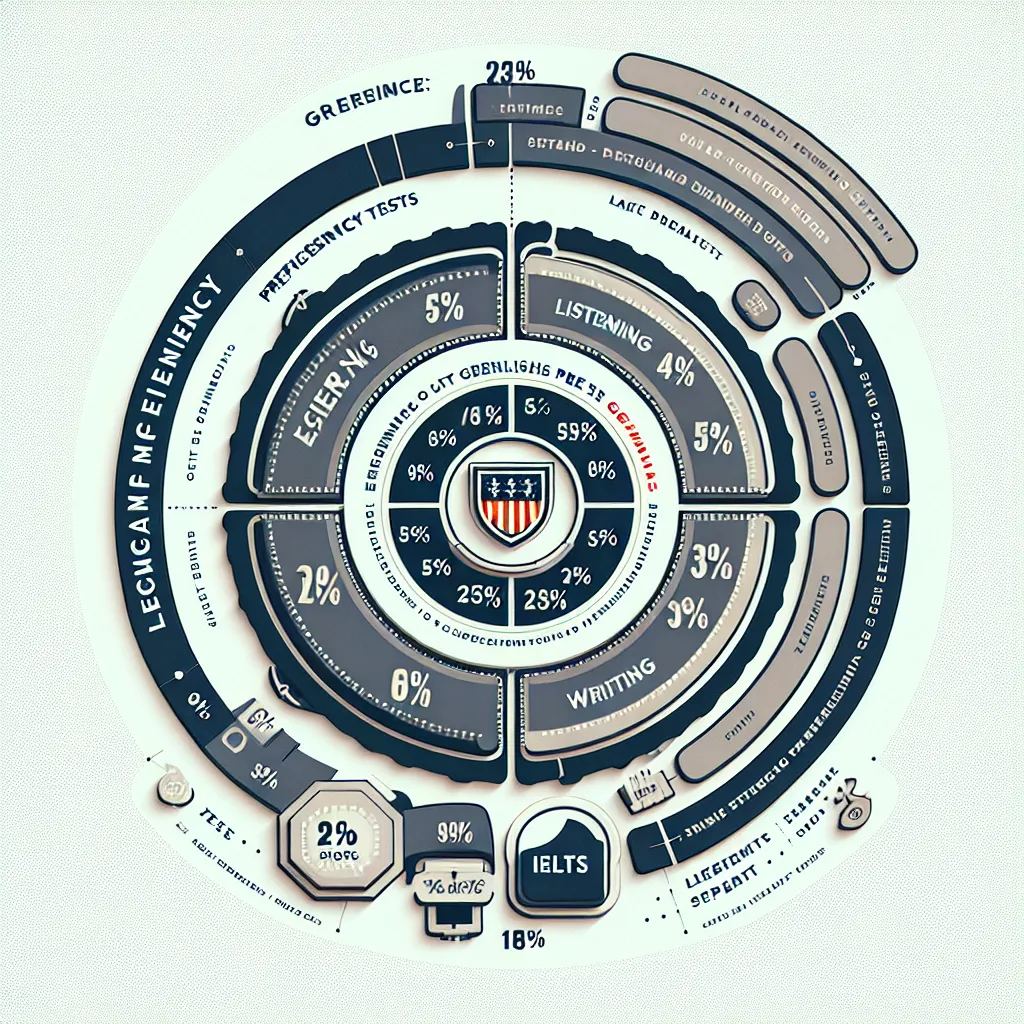Are you preparing for the IELTS exam and looking to enhance your grammar skills? You’re not alone. Many test-takers find grammar to be a challenging aspect of the IELTS test. In this comprehensive guide, we’ll explore the most effective strategies to improve your IELTS grammar and boost your overall score.
Understanding the Importance of Grammar in IELTS
Grammar plays a crucial role in all four sections of the IELTS exam: Listening, Reading, Writing, and Speaking. It’s one of the key criteria used by examiners to assess your language proficiency. Good grammar not only helps you express your ideas clearly but also demonstrates your command of the English language.
 IELTS Grammar Importance
IELTS Grammar Importance
Why Grammar Matters in IELTS
- Clarity of expression: Proper grammar ensures your ideas are conveyed accurately.
- Higher band scores: Grammar accounts for 25% of your Writing and Speaking scores.
- Improved comprehension: Good grammar aids in understanding complex reading and listening passages.
- Professional impression: Correct grammar usage reflects well on your overall language ability.
Effective Strategies to Improve IELTS Grammar
Now that we understand the significance of grammar, let’s dive into the best ways to enhance your grammatical skills for the IELTS exam.
1. Identify Your Weaknesses
The first step in improving your grammar is to recognize your areas of weakness. Take a diagnostic test or review your previous IELTS practice tests to identify common mistakes.
How to Conduct a Grammar Self-Assessment:
- Review your writing samples and speaking recordings
- Use online grammar checkers to spot errors
- Ask a teacher or language exchange partner for feedback
- Take note of corrections in your IELTS practice tests
2. Master IELTS-specific Grammar Points
Focus on grammar structures that are frequently tested in IELTS. These include:
- Conditional sentences
- Relative clauses
- Verb tenses (especially perfect tenses)
- Passive voice
- Reported speech
- Comparatives and superlatives
- Modal verbs
3. Practice with Authentic Materials
Expose yourself to a wide range of grammatical structures by engaging with authentic English content.
Recommended Resources:
- IELTS official practice materials
- English newspapers and magazines
- Academic journals
- Podcasts and TED Talks
- BBC Learning English website
Learn more about using authentic materials for IELTS preparation
4. Use Grammar Workbooks and Online Exercises
Dedicated grammar practice is essential for improvement. Invest in quality grammar workbooks and utilize online resources.
Top Grammar Resources for IELTS:
- “Grammar for IELTS” by Diana Hopkins and Pauline Cullen
- “Cambridge Grammar for IELTS” by Diana Hopkins
- British Council’s LearnEnglish Grammar app
- Grammarly (for writing practice)
- EnglishPage.com (for in-depth explanations and exercises)
5. Implement Error Correction Techniques
Develop a systematic approach to correcting your grammar mistakes.
Error Correction Steps:
- Identify the error
- Understand the correct rule
- Practice the correct usage
- Review and revise regularly
6. Enhance Your Writing Skills
Writing practice is crucial for grammar improvement. Focus on both IELTS Writing Task 1 and Task 2.
Writing Improvement Tips:
- Write essays regularly and time yourself
- Use a variety of sentence structures
- Pay attention to punctuation and linking words
- Get your writing checked by a tutor or use online writing evaluation services
Discover effective IELTS writing strategies
7. Boost Your Speaking Grammar
Don’t forget that grammar is equally important in the Speaking test.
Speaking Grammar Practice:
- Record yourself speaking on IELTS topics
- Practice using complex sentences in conversation
- Work on your fluency and coherence
- Participate in English speaking clubs or find a language exchange partner
8. Read Extensively
Reading is an excellent way to internalize correct grammar usage.
Reading Strategies for Grammar Improvement:
- Read a variety of genres and topics
- Pay attention to sentence structures and word order
- Take note of new grammatical patterns
- Try to use new structures in your own writing and speaking
Explore effective reading techniques for IELTS
Common Grammar Mistakes to Avoid in IELTS
Being aware of common errors can help you avoid them in your IELTS test.
Frequent Grammar Pitfalls:
- Subject-verb agreement
- Incorrect use of articles (a, an, the)
- Mixing up verb tenses
- Misuse of prepositions
- Incorrect word order in questions
- Overuse of passive voice
- Confusion between countable and uncountable nouns
Next Steps: Creating Your IELTS Grammar Improvement Plan
Now that you’re equipped with strategies to improve your IELTS grammar, it’s time to create a personalized study plan.
Your Grammar Improvement Roadmap:
- Set specific grammar goals (e.g., master reported speech in two weeks)
- Allocate daily time for grammar practice
- Use a variety of resources and methods
- Track your progress with regular self-assessments
- Seek feedback from tutors or language partners
- Apply your grammar knowledge in real IELTS practice tests
Remember, improving your grammar for IELTS is a gradual process that requires consistent effort and practice. Stay motivated, be patient with yourself, and celebrate your progress along the way.
By following these strategies and maintaining a disciplined approach to your grammar studies, you’ll be well on your way to achieving a higher band score in your IELTS exam. Good luck with your preparation!
Do you have any specific grammar challenges you’re facing in your IELTS preparation? Share your experiences in the comments below, and let’s discuss how to overcome them together!




